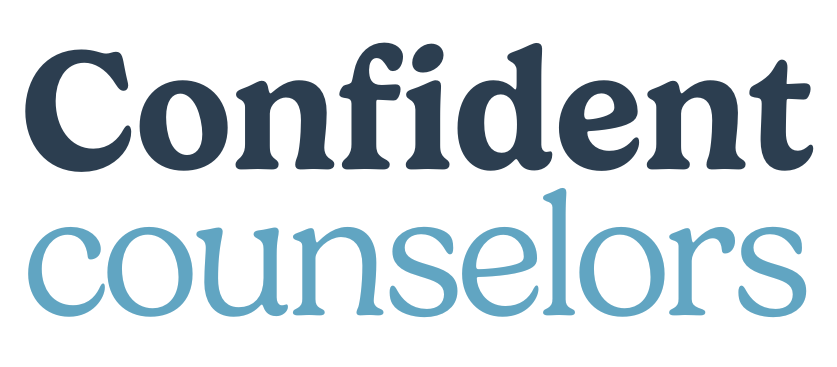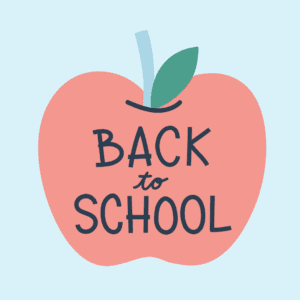When school counselors start the year, a lot of misconceptions can exist about their role. Our role has evolved greatly over time. Everyone has an idea of what the school counselor does, and it is so often wrong. Check out these tips for establishing clear communication about your role, changing expectations, and connecting with students and staff.
Clear Communication
When I first started my job, I was known as the guidance counselor. It has taken a few years, but I am now called the school counselor! This has been an exciting transformation but it started with educating everyone about my role without correcting others when they use the wrong term.
First, I have school counselor written everywhere. It’s on my email signature, office door, coffee cups, and even my clothing.
To educate parents, I send home a newsletter that specifies the differences between a community and school counselor. This has cut down the number of parents asking me to do weekly therapy!
I teach kids about my role and how I serve students in my first lesson and reinforce the concept throughout the year.
Lastly, with new staff, I send out a flyer about my school counseling program along with a little treat. It helps build relationships with new staff and teach others about your role.
Visit my TPT store, Little Miss Counselor, and follow me on Instagram.
Changing Expectations
When introducing my role during classroom guidance lessons, I have always enjoyed doing true/false trivia-style games to see what students know and think about my role as the school counselor. I always find that there are some misconceptions (hello, disciplinarian title!), and even teachers say that they learn something!
I like to make movement-based activities about my role to get students engaged while still learning to set the stage for a fun year in counseling.
For teachers, I have always tried to visit each one personally during the week before students arrive to chat about their needs and plant a few seeds about my program goals. Then, I address everyone in faculty meetings to review needs assessments and explicitly state how I can address those through the counseling program.
During back to school nights, I have had a counseling table with lots of information for parents about the ways in which I serve students with all of my contact info. Parents also seem to really appreciate monthly newsletters summarizing what their students have learned as a result of the counseling program.
I’ve had so many parents say, “My guidance counselor never taught us that!” It's fun to see the perspective shift on the counselor's role from all sides!
Visit my blog, Counselor Keri, visit my TPT store, Counselor Keri, and follow me on Instagram.
Connect with Students and Staff
When introducing my role to students, teachers and staff, I frame it in terms of superpowers. I work at the elementary level so I wear a superhero cape and make it engaging for the kids. I review my roles and responsibilities in a super fun way allowing students to understand what I do as well as how/when they can seek me out for help.
When introducing my role to teachers/staff, I ask my admin team if I can speak for a few minutes during our pre-planning week. I like to introduce myself, give a brief overview of my roles and then conduct a quick needs survey on google docs since everyone already has their computers out and have to be there anyway. It is an awesome way to address the staff as a whole and allows time for questions and suggestions. I use the results of the needs survey to influence how I build that year’s counseling program.
Ashley
Visit my TPT store, Mrs. Bell The Crafty Counselor or come read more over on my blog.
More Posts on Introducing Your Role










Where can I find the newsletter that Erika snts home explaining the difference between a community counselor and a school counselor? I need this.